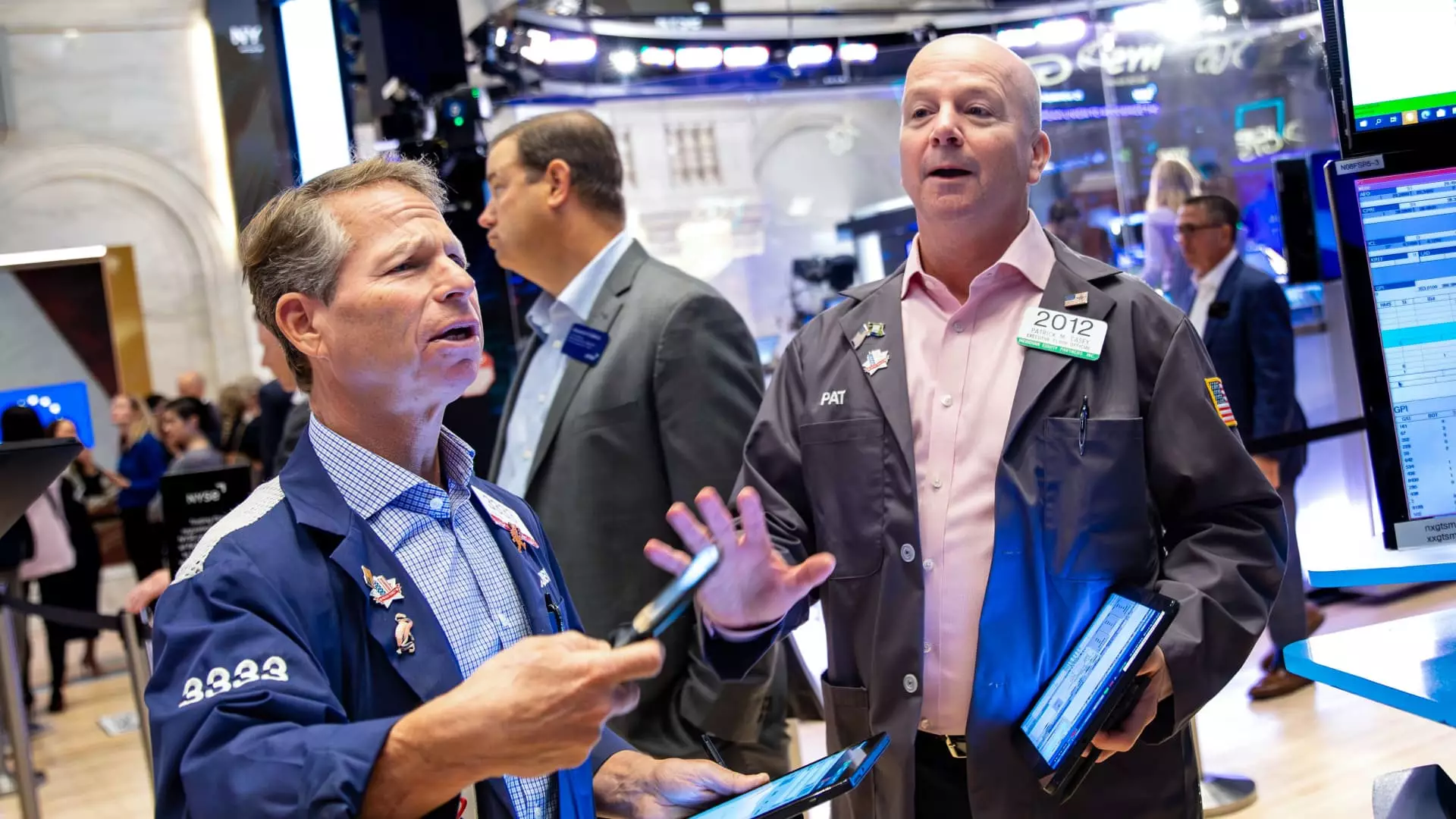In today’s rapidly evolving financial landscape, investors find themselves confronting multifaceted geopolitical risks that demand acute awareness and adaptability. Recent broadcasts from CNBC’s “Worldwide Exchange” have illuminated pressing concerns that have arisen from the conflict between Israel and Iran, alongside ongoing tensions in Ukraine and the South China Sea. These developments collectively present what many analysts have identified as one of the most perilous geopolitical climates in half a century.
According to policy analyst Terry Haines from Pangaea Policy, the current geopolitical landscape poses unique challenges that should not be underestimated. The ongoing Iran-Israel tensions, the protracted Ukraine War, and disturbances in the South China Sea are creating a “perfect storm” that holds grave implications for market stability. Haines warns that these risks have not been adequately reflected in market pricing, leading to a possible oversight by many investors. He emphasizes that the potential for severe deviations in market performance stemming from these conflicts is markedly heightened in recent weeks.
With these variables at play, financial experts, including Simeon Hyman of Proshares Advisors, urge investors to consider fixed-income assets as a safety net. The proposition is simple: in an environment steeped in volatility, fixed-income securities offer the allure of guaranteed returns, making them an increasingly attractive investment. Hyman highlights the bond market’s current yield levels as mechanisms that could provide essential financial protection should geopolitical situations deteriorate further.
Shifts in Defense Stocks amid Heightened Tensions
The inclination towards defensive investments has also been evident in the stock market, most notably across major defense contractors. Lockheed Martin, Raytheon, and L3Harris have seen upticks in stock performance as investors react to the escalating situation in the Middle East. Haines suggests that the potential for increased U.S. military action and defense spending post-election could act as a catalyst for further gains in this sector. The resurgence in defense stocks emphasizes a broader market trend where geopolitical strife often prods investors toward security-oriented assets.
However, while defense stocks may appear to be solid investments under current circumstances, it’s critical for investors to remain vigilant. The correlation between geopolitical tension and market performance is complex, and sudden shifts can occur should public sentiment or governmental policies change abruptly.
Spotlighting Biotechnology amid the Uncertainty
In contrast to the defensive play in reactionary stocks, Scott Ladner of Horizon Investments draws attention to the biotech sector as a pivotal area of opportunity. His analysis delves into the iShares Biotechnology ETF and SPDR S&P Biotech ETFs as vital tools to capitalize on advancements in artificial intelligence woven into healthcare innovation. Although biotechnology stocks offer an intriguing prospect, especially amidst rate cuts from the Federal Reserve, Ladner cautions that aggressive interest rate changes could pose risks for this rate-sensitive sector. He articulates that the reasoning behind any potential cuts could either stimulate growth or indicate underlying economic weakness, underlining the delicate balance investors must manage.
Interestingly, one sector defying negative trends is shipping stocks, which have experienced an unexpected boon amid disruptions at U.S. East and Gulf Coast ports due to a longshoremen’s strike. As traditional supply routes become compromised, investors appear optimistic about shipping companies’ potential to command higher freight rates, thereby capitalizing on the logistical hurdles faced by retailers. This opportunistic lens on supply chain disruptions demonstrates a nuanced approach to investment strategy—where some sectors suffer, others adapt and thrive, highlighting the importance of diversification across various market areas.
In an environment rife with geopolitical unrest, the key takeaway for investors lies in the paramount importance of diversification and vigilance. As uncertain conditions evolve, the landscape offers numerous opportunities, albeit with inherent risks. A balanced portfolio that merges defensive instruments with sectors poised for agile growth, such as biotechnology, may provide a route for both stability and potential returns. Ultimately, amidst the chaos, adapting investment strategies to navigate these treacherous waters could well define successful market participation in the unfolding years.

